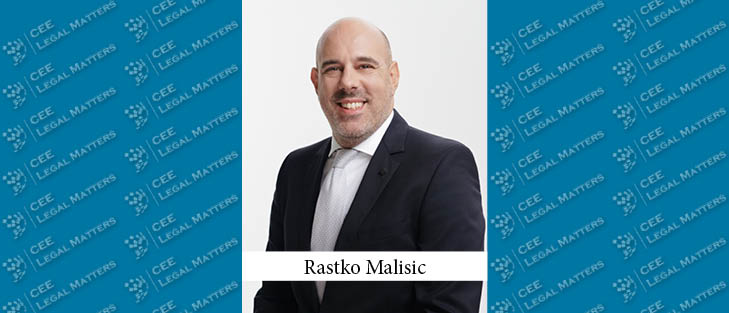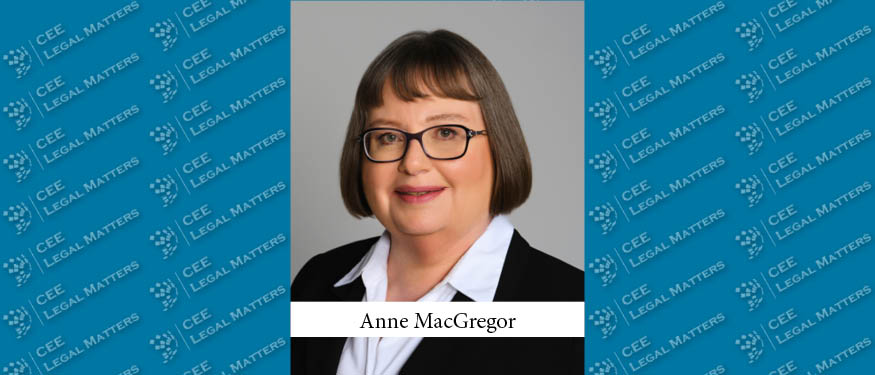Serbia appears to be entering a period of robust growth and transformation, driven in large part by Expo 2027 and targeted investment initiatives, according to MMD Advokati Partner Rastko Malisic. While the real estate and hospitality sectors are at the forefront of this boom, Malisic notes that other industries are grappling with challenges amid broader geopolitical uncertainties.
"Expo 2027 is a pinnacle event for Serbia, and it’s catalyzing significant growth in the real estate sector," Malisic begins. "For years, Serbian infrastructure and real estate have been expanding, as we’ve seen in the case of Belgrade Waterfront – over the next three years, we expect this trend to continue." According to Malisic, the hotel industry, in particular, is poised for substantial growth, with "new chains and boutique hotels already opening up almost monthly. We expect this trend to not only continue but to keep growing."
Moreover, Malisic reports developments regarding corporate bonds. "The government, with support from the International Bank for Reconstruction and Development and the World Bank Group, is working to incentivize Serbian private companies to issue corporate bonds. Several consultants have already been appointed for the project by the WBG, and the due diligence phase is expected to commence soon," he says. "This project will unfold over the next three years and aims to unlock potential in the Belgrade Stock Exchange, creating new investment channels. The values we’re looking at are EUR 5 million and above, with no top limit in place," Malisic explains, adding that the involvement of the EBRD and WB might rouse "significant interest from investment funds, making this initiative a promising new avenue for corporate financing in Serbia."
Still, while some sectors are booming, some appear to face challenges. "Certain sectors, like IT and automotive, are experiencing difficulties. We’ve had an increase in requests related to employee redundancies and labor force cuts, which is concerning," Malisic reflects. "Serbia’s smaller market size means that some global market shocks, like those that affected the EU or US over the past few years, are only now impacting our industries. In addition to this, broader geopolitical uncertainties and shifting local politics add further unpredictability, making it challenging to forecast long-term outcomes for these sectors," he explains.
Domestic legislative developments appear somewhat sluggish too. "Political issues have slowed progress in the parliament over the last few months, with few major pieces of legislation moving forward," Malisic shares. However, with Serbia remaining heavily reliant on foreign direct investment, Malisic shares that the framework regulating FDI might soon change. "While Serbia used to welcome nearly any investment, we’re now focusing on high-tech sectors and the hotel industry. Most of this investment in the hotel sector is directed toward Belgrade, and, spa and mineral water areas across the country. Having this in mind, the framework for attracting FDI, especially in the hotel sector, is evolving to accommodate this more targeted approach, so there's at least movement on that front," he explains.
Finally, Malisic shares that emerging technologies are impacting the legislative landscape in Serbia as well. "Legislators are increasingly aware of the need to create a framework that can support digital currencies and crypto operations, allowing major international players to enter the market and operate in a structured, supportive environment," he says. "Over the next few years, I expect to see significant changes in the regulatory framework to accommodate these developments, which could open up entirely new investment possibilities in Serbia," Malisic concludes.















